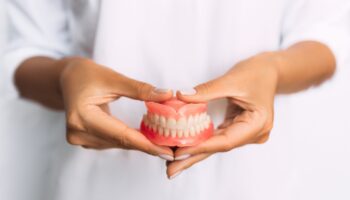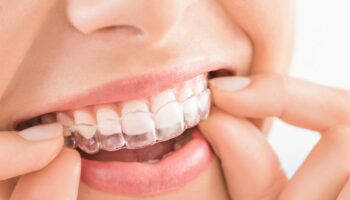Do you have red, swollen, and painful gums? When you brush your teeth, do they bleed? If so, periodontitis may be to blame. These are some of the most prominent signs. You are not alone if you are experiencing this issue.
Here are some more obvious signs of periodontal disease, as well as specific cautions and precautions and why you should see a dentist at general dentistry in Burlingame, CA.
Why Do People Get Periodontitis?
Maybe you have heard “periodontitis” but are unsure what it means. Periodontitis, or gum disease, is a severe inflammation of the gums that can eventually result in the loss of teeth. The tissue that anchors your teeth in place becomes infected by this form of gum disease.
Poor dental hygiene, including not brushing and flossing regularly, can lead to the formation of this sticky, white plaque on the teeth and gums.
Typical Signs
Other frequent signs of periodontitis include red, swollen, painful gums that bleed easily when brushed.
- Having a sour sensation in your mouth and
- bad breath
- Tooth decay caused by plaque and tartar buildup
- Discomfort during chewing
- Displacement or
- loosening of teeth
- Gum recession or
- the appearance of longer teeth
Periodontitis’s Three Formative Steps
Gum disease symptoms vary widely depending on how far along the patient’s illness process is.
The initial condition is called gingivitis and is inflammation of the gums. Gums that bleed easily during routine dental care, such as brushing and flossing, are an early indicator of gingivitis. Seeing discoloration, or plaque, on your teeth is another warning sign.
Periodontitis can progress to significant gum disease if not treated promptly. Symptoms include bleeding, pain, and a noticeable separation or receding of the gums and teeth. Your body’s defenses against the illness are causing your gums to recede from your teeth. Because of this, you may experience bleeding gums when you clean your teeth and/or floss. Even worse, bone loss might cause your teeth to become loose. In fact, the infection can trigger systemic inflammation.
Deterioration of the connective tissue that helps anchor your teeth in place is a hallmark of the advanced gum disease stage. This means the tissues and bones that hold your teeth in place will be lost. In addition to terrible breath and a nasty taste in the mouth, people with severe gum disease may endure excruciating pain whenever they chew.
People Most In Danger
Gum disease is more common in some populations, including those who:
- African-American and
- Latinos
- Smokers
- The Elderly
- Those with less disposable income
- Less-educated adults





